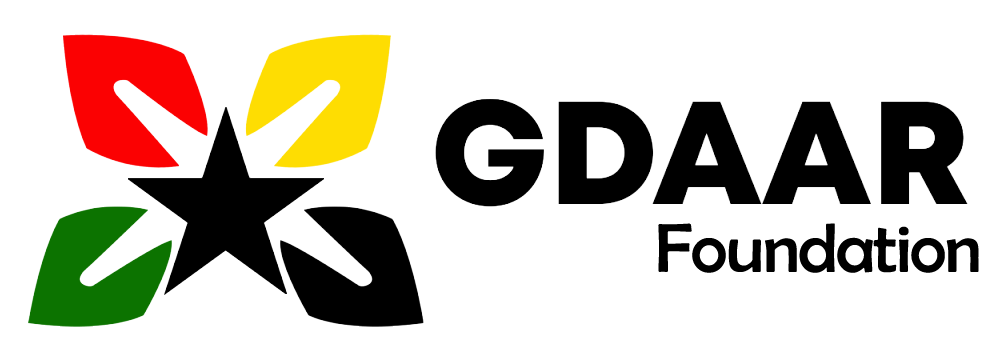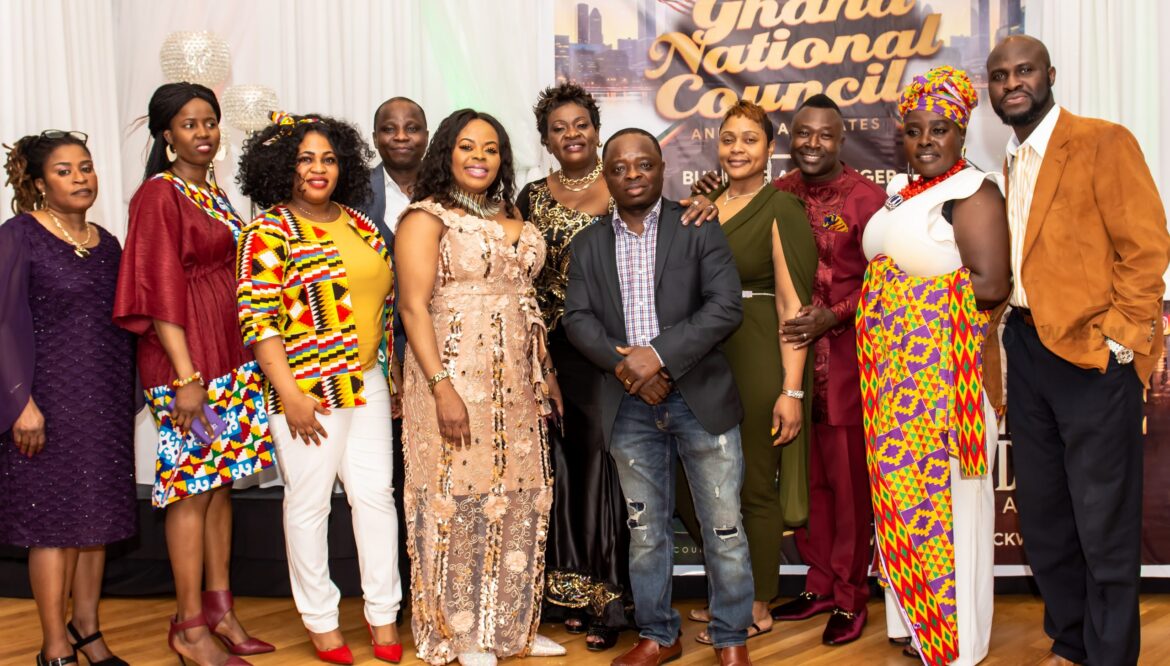Explore the complexities of trust between African Americans and Ghanaians. Learn how GDAAR Foundation fosters understanding, collaboration, and reconciliation through its programs and initiatives.
The “Year of Return” and “Beyond the Return” initiatives have sparked a renewed connection between Ghana and the African diaspora, particularly African Americans seeking to reconnect with their ancestral roots. However, this reconnection is not without its complexities. Historical legacies, cultural differences, and socio-economic disparities have created a trust gap that needs to be addressed for meaningful and sustainable relationships to flourish.
Understanding the Historical Context
The transatlantic slave trade inflicted deep wounds on the African continent and its diaspora. The forced separation, dehumanization, and exploitation of Africans created a legacy of trauma and mistrust that continues to impact relations today. For African Americans, returning to Ghana can be a journey of both healing and rediscovery, but it also requires navigating the complexities of a shared history marked by pain and injustice.
Cultural Differences and Misunderstandings
Cultural differences can also contribute to the trust gap. While Ghanaians and African Americans share a common heritage, their experiences and perspectives have been shaped by distinct historical and social contexts. Misunderstandings can arise from differences in communication styles, values, and expectations.
- Communication Styles: Ghanaians often favor indirect communication, valuing politeness and avoiding confrontation. African Americans, on the other hand, may be more direct and assertive in their communication style. These differences can lead to misinterpretations and misunderstandings.
- Values and Expectations: Cultural values and expectations can also differ. For example, Ghanaians may place a strong emphasis on community and collectivism, while African Americans may prioritize individualism and self-reliance. These differing values can create friction and challenges in building relationships.
- Socio-economic Disparities: The economic gap between some diasporans and local Ghanaians can create tension and mistrust. There may be perceptions of exploitation or unfair advantage, which can hinder genuine connection and collaboration.
Building Trust and Understanding
Bridging the trust gap requires a concerted effort from both Ghanaians and the diaspora. It involves:
- Open Dialogue and Communication: Honest and respectful conversations about historical legacies, cultural differences, and current challenges are essential for building understanding and empathy.
- Cultural Exchange and Education: Learning about each other’s cultures, traditions, and histories can foster appreciation and respect.
- Collaboration and Partnership: Working together on community projects, business ventures, and social initiatives can create shared experiences and build trust.
- Mutual Respect and Understanding: Recognizing and valuing each other’s perspectives and experiences is crucial for building strong relationships.
GDAAR Foundation’s Role
GDAAR Foundation is committed to fostering trust and understanding between the diaspora and Ghanaians. We provide a platform for dialogue, cultural exchange, and collaboration, empowering both communities to build meaningful relationships and contribute to Ghana’s development.
By Joseph Bekoe .




